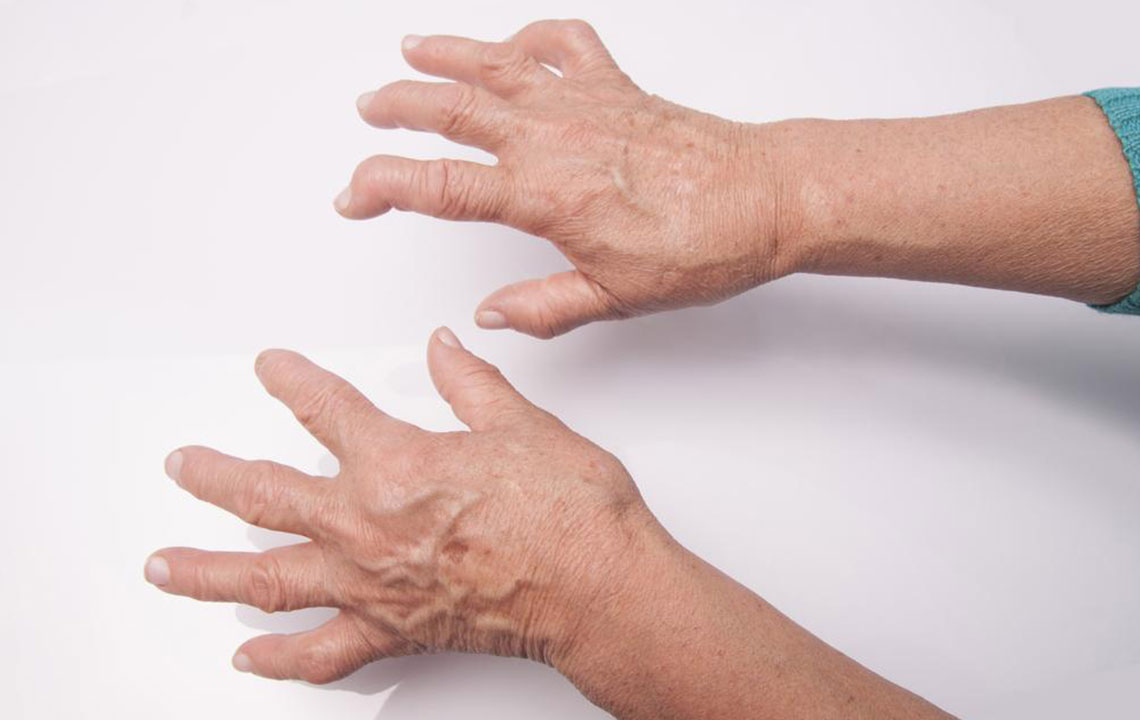Effective Strategies for Managing Rheumatoid Arthritis
Explore comprehensive management approaches for rheumatoid arthritis, including medication, physical therapy, and lifestyle modifications. Early diagnosis and tailored treatment can help alleviate symptoms and improve quality of life. Strategies also include pain management, injections, and surgical options when necessary. Effective treatment plans are essential for controlling disease progression and maintaining joint function, with options suitable for related conditions like psoriatic arthritis.

Effective Strategies for Managing Rheumatoid Arthritis
Persistent lower back pain, especially when rising from a sitting position, may be linked to arthritis. But identifying the specific type is important. Arthritic conditions result from joint wear or inflammation. Of particular concern is inflammatory arthritis, such as rheumatoid arthritis, which can affect multiple body systems. Symptoms include inflamed, tender joints, fatigue, fever, and weight loss. Morning stiffness often indicates inflammation rather than typical joint wear. Prompt diagnosis and treatment are crucial to managing this condition effectively.
Rheumatoid arthritis requires comprehensive management since a complete cure is uncommon. Treatment options include medication, surgical procedures, physical therapy, and occupational therapy, with ongoing pain control being essential. Lifestyle approaches like regular exercise, applying heat or cold packs, and physiotherapy play significant roles. Initially, doctors often prescribe medications, progressing to injections or surgery if needed. Post-intensive treatments, routine pain management helps improve quality of life. Similar strategies are effective for psoriatic arthritis, with medications and surgery as primary options.
Psoriatic Arthritis
If diagnosed with psoriatic arthritis, symptoms resemble rheumatoid arthritis, including joint stiffness, pain, and swelling. Treatments mirror those for rheumatoid arthritis, with corticosteroid injections and surgical interventions used if medications are ineffective.
Important Note:
Our blog offers valuable insights across various health topics. Readers should use this information as guidance rather than definitive medical advice. The editorial team is not responsible for discrepancies or errors in information from other sources. Additionally, specific treatments, offers, or schemes discussed here may differ from what is available in other healthcare options.










